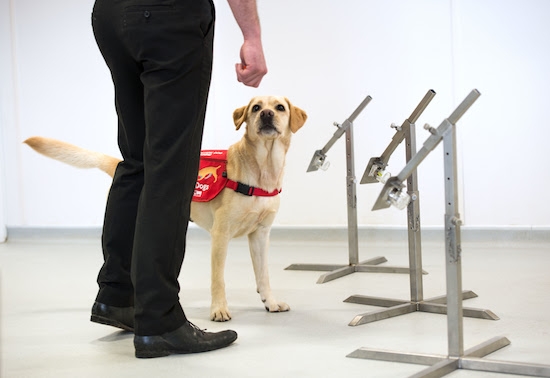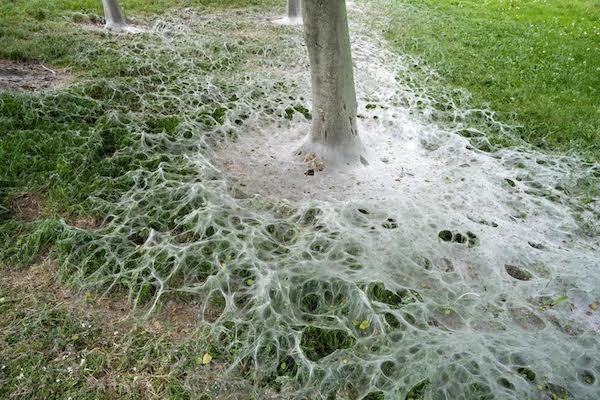Milton Keynes-based Medical Detection Dogs is looking into whether man's best friend could play a role in preventing the spread of Coronavirus.
The charity has spent years successfully researching the science behind dogs’ sense of smell and believes that dogs could detect the disease. It has always adopted a rigorous, scientific approach to its work, and produced more than a dozen peer reviewed research papers which support its belief that each disease has its own unique odour.
Medical Detection Dogs will be working in partnership with the London School of Hygiene and Tropical Medicine (LSHTM) and Durham University, bringing together the team which recently collaborated to successfully prove that dogs can be trained to detect malaria.
Together they have started preparations to intensively train dogs so they could be ready in 6 weeks to help provide a rapid, non-invasive diagnosis towards the tail end of the epidemic, and approached government about how dogs can play a role in the fight against the disease.
Dogs searching for COVID-19 would be trained in the same way as those dogs the charity has already trained to detect diseases like cancer, Parkinson’s and bacterial infections – by sniffing samples in the charity’s training room and indicating when they have found it. They are also able to detect subtle changes in temperature of the skin, so could potentially tell if someone has a fever.
Never miss news or leisure info in Milton Keynes - Follow us on twitter here
And on Facebook here
Once trained, dogs could also be used to identify travellers entering the country infected with the virus or be deployed in other public spaces.
Dr Claire Guest, CEO and Co-Founder of Medical Detection Dogs, says: “In principle, we’re sure that dogs could detect COVID-19. We are now looking into how we can safely catch the odour of the virus from patients and present it to the dogs.
“The aim is that dogs will be able to screen anyone, including those who are asymptomatic and tell us whether they need to be tested. This would be fast, effective and non-invasive and make sure the limited NHS testing resources are only used where they are really needed.”
Professor James Logan, Head of Department of Disease Control at The London School of Hygiene & Tropical Medicine, and Director of ARCTEC, said: “Our previous work demonstrated that dogs can detect odours from humans with a malaria infection with extremely high accuracy – above the World Health Organisation standards for a diagnostic.
“We know that other respiratory diseases like COVID-19, change our body odour so there is a very high chance that dogs will be able to detect it. This new diagnostic tool could revolutionise our response to COVID-19 in the short term, but particularly in the months to come, and could be profoundly impactful.”
Professor Steve Lindsay at Durham University says: “If the research is successful, we could use COVID-19 detection dogs at airports at the end of the epidemic to rapidly identify people carrying the virus. This would help prevent the re-emergence of the disease after we have brought the present epidemic under control.”

















